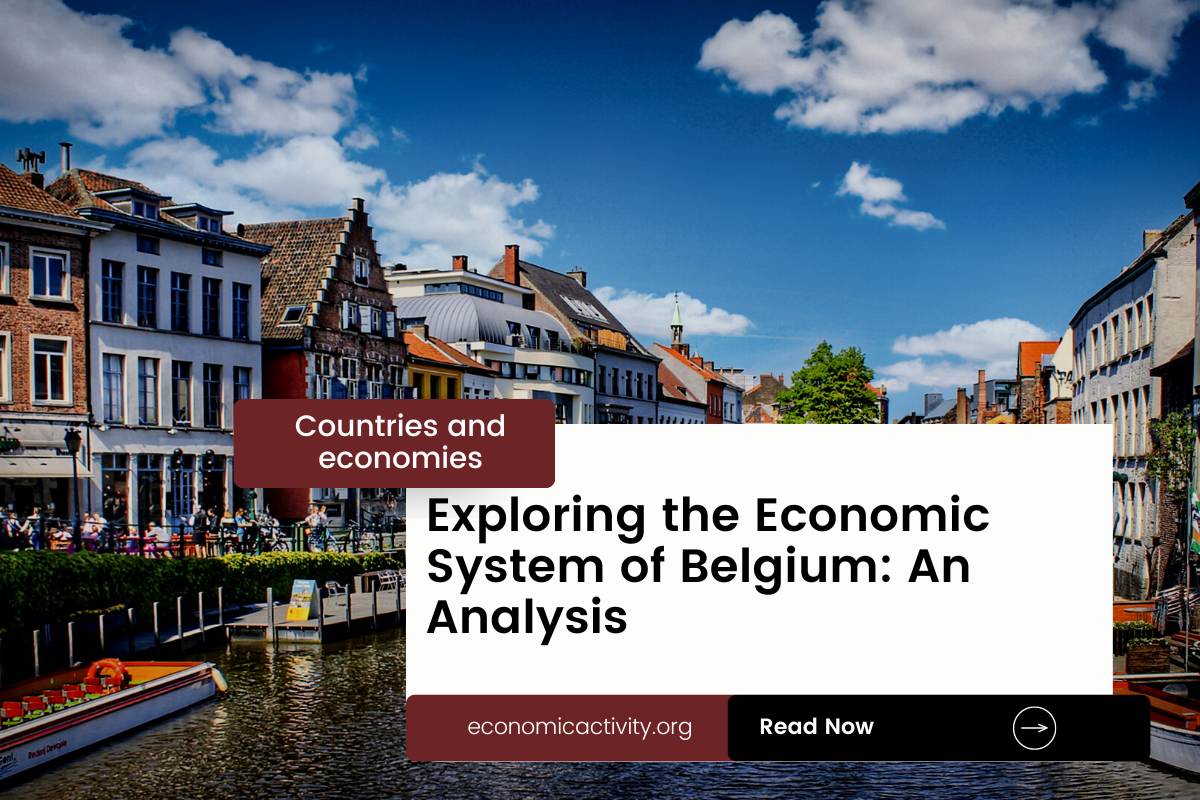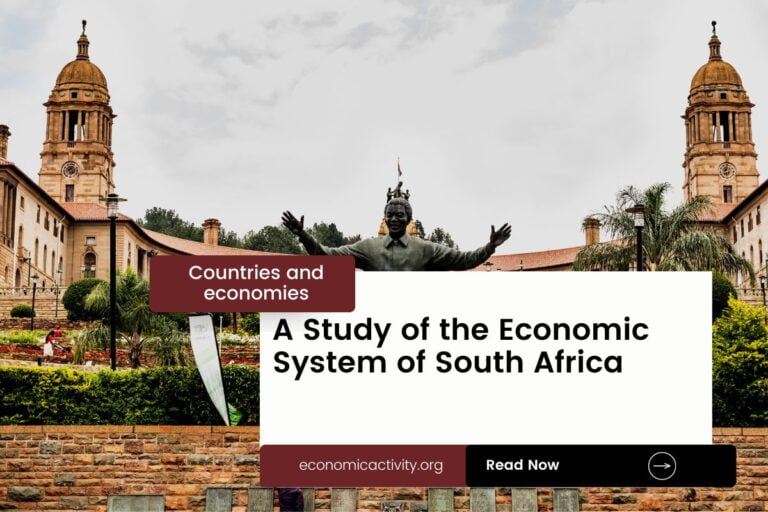What is the economic system of Belgium? The economy of Belgium is based on a mixed economy. The country’s economic system combines elements of a market economy and a planned economy.
In Belgium, the economy comprises a private sector, consisting of individuals and businesses that make autonomous decisions based on self-interest, and a public sector, where the state determines the production and distribution of certain goods and services. No country is purely capitalist or purely communist.
What do the freedom indexes tell about the economic system of Belgium?
Now, to determine if a country is mainly a market economy or a planned economy, it is useful to examine some economic indexes. For instance, according to the 2022 Index of Economic Freedom, which measures the ability of every human to control his own labor and property, Belgium is ranked 37th globally and 24th in Europe indicating that the country has a moderately free economy.
In a similar way, the 2022 Freedom House index evaluates the state of political rights and civil liberties globally. Generally, market economies tend to align more with democracy and freedom, while command economies tend to be characterized by greater state control and fewer democratic and civil liberty protections. Belgium gets a score of 96/100, which qualifies it as free. Belgium is a country where the government does not control what people do for political reasons, and people have the freedom to choose (what, how much, and how to produce, whether to buy or not, selling price, etc.)
The Link Between Public Sector Employment and the Economic System of Belgium
An indicator of the extent to which the State is involved in the economy is the number of public sector employees. In Belgium, according to ILOSTAT, the number of public sector employees as a percentage of the total workforce is 21.1% (2019). In the country’s mixed economy, the number of public sector employees as a percentage of the entire workforce varies based on the specific policies and practices adopted by the State. Some economic activities are left to the private sector while others are under government control. The bigger the public sector the closer is the economy to being a command economy.
What does the biggest company in Belgium say about the country’s economic system?
The biggest company in Belgium should also be looked at, as well as whether it is a state-owned or private company. In this case, Anheuser-Busch InBev from Belgium is a private-sector company. It is one of the world’s largest brewers, producing a wide range of beers and other beverages.
Top 10 Biggest companies by revenue in Belgium (2023 data)
The historical factors that have influenced the economic system of Belgium
Belgium’s mixed economy has evolved over the last century due to a combination of government intervention and private enterprise. The country has relied on strong government investment in infrastructure, education, and research and development to create a competitive business environment and spur innovation. Additionally, the country has adopted a number of free market policies, such as low taxation, deregulation, and liberalization of trade, to attract foreign investment and stimulate economic growth.





Leave a Reply